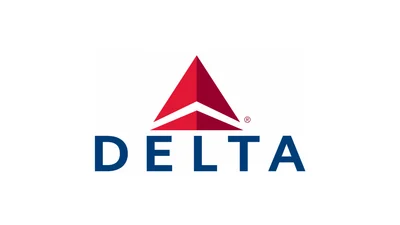Comparing metrics between quadjets like the Boeing 747-400 and twins like the 787-9 highlights the differences: a typical quadjet burns about 3,800 gallons of fuel per hour compared to 2,900 gallons for a modern twin jet. Maintenance events are also halved with two engines instead of four.
Five main factors contributed to this trend: better fuel economy with fewer engines; reduced maintenance costs; regulatory evolution allowing twins on almost all long-haul routes; new network strategies favoring smaller planes for point-to-point flights; and more flexible capacity management. For example, United Airlines retired its last Boeing 747-400 in 2017 in favor of the more efficient Boeing 777-300ER and later the 787-10. Delta Air Lines completed its phaseout of the 747 fleet in January 2018 after acquiring Airbus A350s that offered higher efficiency for ultra-long-haul flights.
Other major international airlines have also scaled back their use of large quadjets. Air France retired its entire A380 fleet in 2020 while Lufthansa has grounded some of its remaining Boeing 747-8s except on high-demand routes.
Before twin jets became dominant, airlines experimented with three-engine designs like the McDonnell Douglas MD-11 or Lockheed L-1011 Tristar to balance redundancy and cost. However, these trijets struggled with range limitations and lower reliability compared to both twins and quads.
Today’s leading long-haul aircraft—including the Boeing 777 series and Airbus A350 family—offer substantial improvements in range per gallon burned and emissions per seat-mile compared to older models. The use of advanced materials such as composites contributes further to these gains.
While passenger service on quadjets has ended at US airlines, cargo operators still rely on them for their unmatched payload capabilities. Freighters like the Boeing 747-8F remain valuable for shipping outsized cargo that cannot fit into smaller planes or through standard doors. FedEx and UPS continue operating fleets of these freighters despite rising costs associated with aging airframes.
Looking ahead, a return to widespread quadjet use seems unlikely unless there are significant regulatory changes or technological developments requiring different propulsion systems. "Could quadjets ever return? Only under very specific circumstances... But for now, all signs point to continued twin jet dominance."
The move away from quadjets is driven by stricter environmental rules, increasing fuel prices, demand for route flexibility—and above all—the superior economics offered by modern twin jets over three- or four-engine alternatives.
###
 Alerts Sign-up
Alerts Sign-up



































